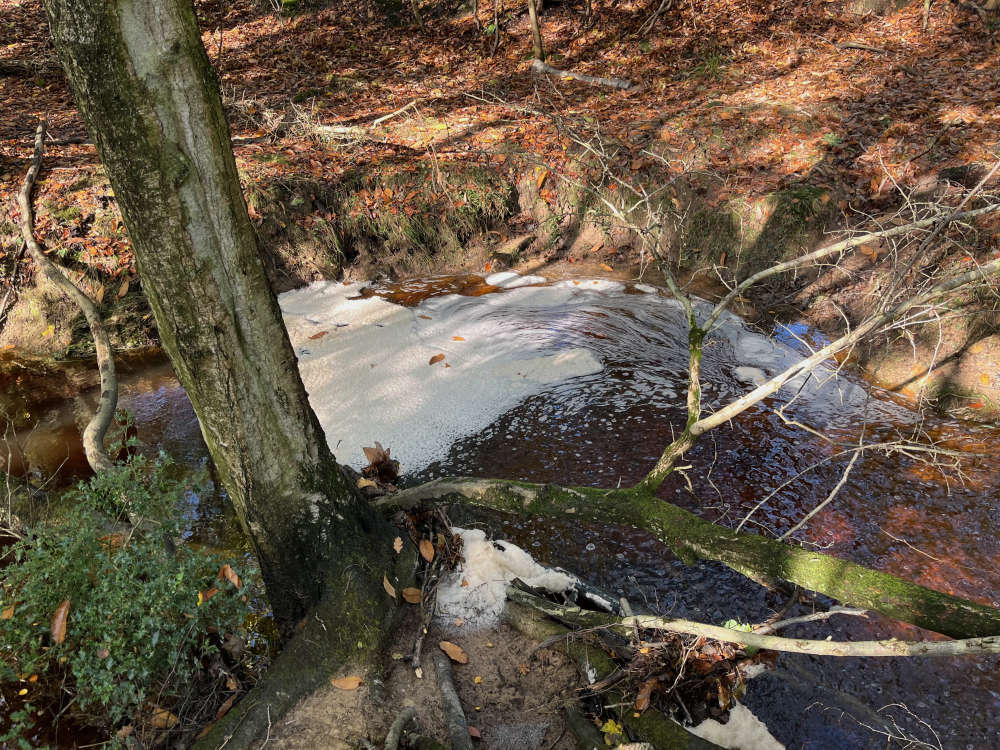
There are virtually no rivers left in Kent with a good rating for their water quality, according to the latest Environment Agency report.
OPINION PIECE:
The chalk streams of southern England have an annual health barometer in the form of the mayfly, the larvae of which like the silt of clean, flowing, well-oxygenated water.
There the nymphs will grub around for two years helping to convert matter into more silt before hatching into adult, up-winged flies from around the middle of May until the end of June.
A newly-minted mayfly takes off to the cover of a bankside leaf where it sheds a thin layer of skin to become what entomologists call the imago but we fly-fishers refer to as the ‘spinner’.

The spinners mate above the meadows in airborne, balletic pirouettes before the female returns to the water, lays her eggs and dies – all before sunset.
That is nature’s plan, in any case. A very high percentage never make it to the trees. Fish, birds and spiders take a huge percentage of these insects at each of its life stages which is why they once hatched in their many hundreds of millions.
Not any more.
On some stretches, the decline is estimated to be 80% or more in just a couple of decades. Spending time on the river banks, one can see the mayfly hatches are not as intense, commonplace or as plentiful. Some days they barely happen at all.
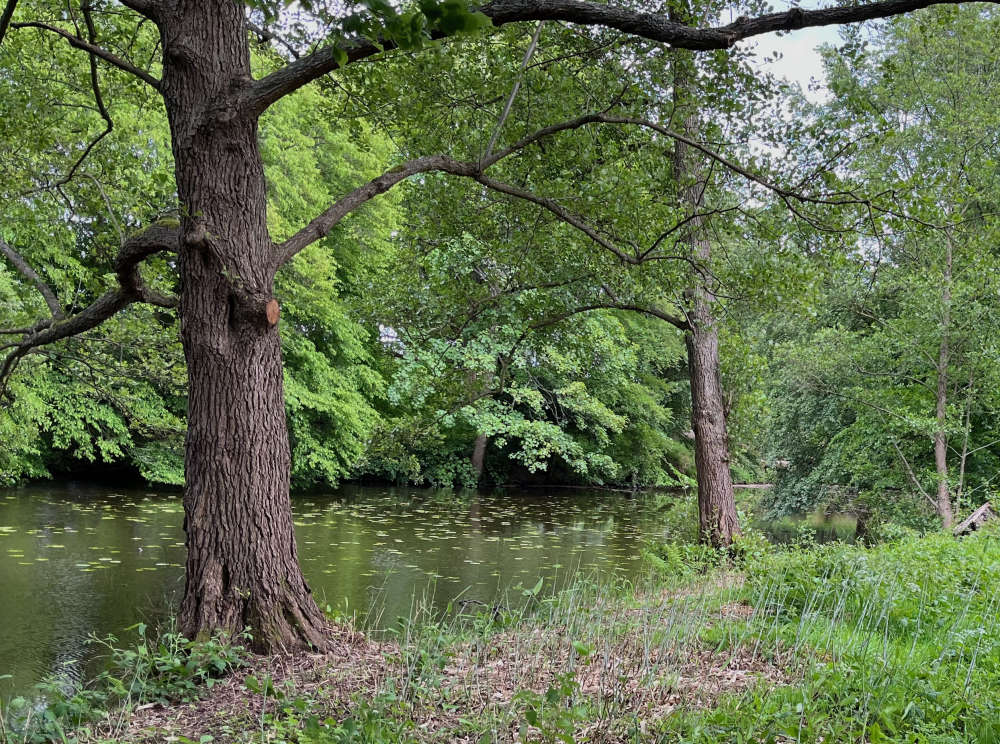
A delicate eco-system, upon which so much else depends, is slowly diminishing.
The Environment Agency paints a dispiriting picture.
A recent survey in England shows 62% of river stretches tested failed because of agricultural pollution (fertiliser and livestock waste); 54% failed because of water companies dumping untreated sewage or abstracting groundwater and 26% failed because of house building and transport.
In Kent, virtually no river has a “good” rating. Most are “moderate”, “poor” or “bad”.
Other forces, such as climate change, have resulted in prolonged winter flooding followed by unusually long arid periods interspersed with unnaturally hot summer heatwaves.
Building on flood plains and the effect of run-off and air pollution from our clogged roads and motorways do not enhance the health of any stream.
The plight of the rivers and the poor, old mayfly are simply symptoms of a far deeper malaise.
Leaving aside agriculture and greedy water companies chucking filth into our waterways, Kent and the south east has been expected to bear the brunt of high levels of house building for far, far too long.
Still, none of this seems to have mattered to successive governments who thought that everyone in this county and the rest of the south east is begging for more housing, because it apparently encourages ‘growth’.
Our councils have been compelled to comply with ridiculously high house building targets on pain of losing what little control they have to prevent unreasonable development demands.
Bleating about the loss of our countryside, or the inability to deliver houses with all the necessary infrastructure to cope, butters no parsnips with Prime Ministers, secretaries of state, Whitehall clever clogs and government planning inspectors.
As one former council leader put it a few years ago: “We’re just being told to put up with it.”
So our brow-beaten councils have rolled over and ended up making the worst of a bad job; some have adopted the ‘if you can’t beat them, join them’ approach with similar results.
What our young people are pleading for are homes that they can afford to rent or have a realistic prospect of buying before their middle years.
Is this not what a Labour government should aspire to? Clearly not, since the local government reorganisation coming to a council near you has a stated aim of making planning controls even more lax.
On the current polling evidence, every Labour MP who won a seat in Kent last July is almost certain to serve one term and one term only. It won’t be the Tories winning them back, either, and most of the last remaining Conservative MPs will probably lose theirs, too.
The Tories cared little for how their voters felt about housing (plus much else besides) and paid the price at the ballot box last July.
The equation ‘build first/plan later equals growth’ has not only failed but has ended in political failure, too, yet it is the people who always, always pay the price.
Now it is the people who are rising up, rejecting the old order in favour of something untested and unproven.
Most governments, apart from a few notable exceptions, achieve very little and change even less.
If their only barometer of success is that they make citizens, whoever they are and wherever they come from, a little better off, less worried and more contented, then that should be their goal.

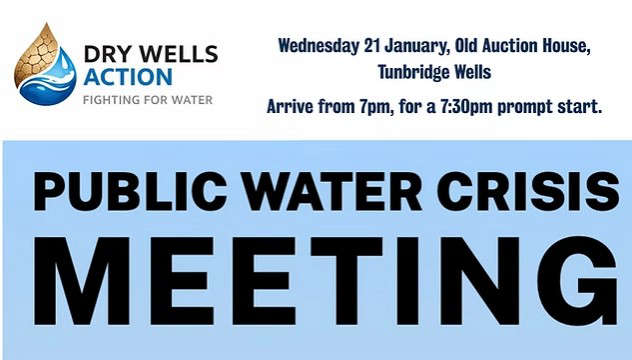 Dry Wells Action - Water Meeting
Dry Wells Action - Water Meeting
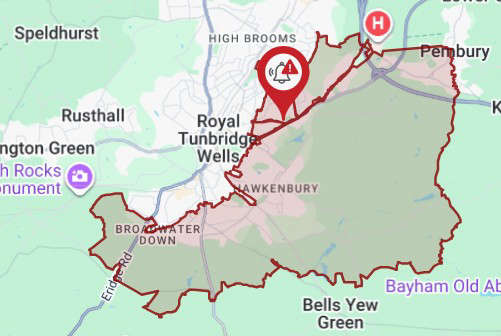 Water Crisis Continues
Water Crisis Continues
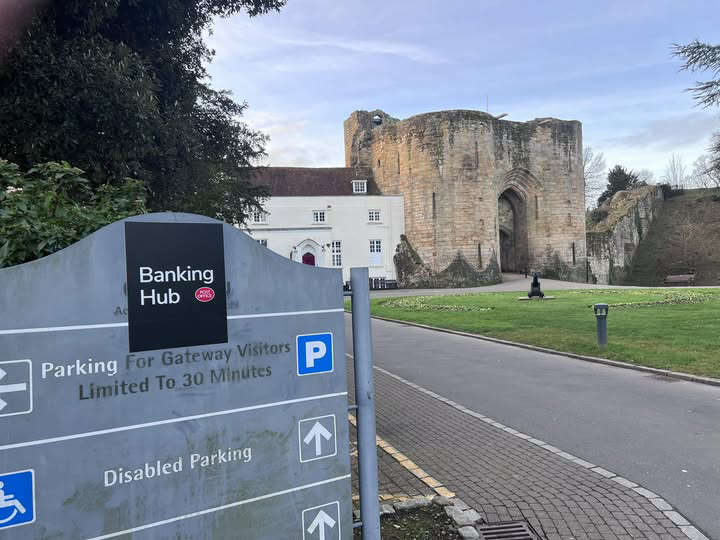 Tonbridge Banking Hub
Tonbridge Banking Hub
 Water Disruptions
Water Disruptions
 World Record Achieved in Tonbridge
World Record Achieved in Tonbridge
 Water crisis may cost firms £20m
Water crisis may cost firms £20m
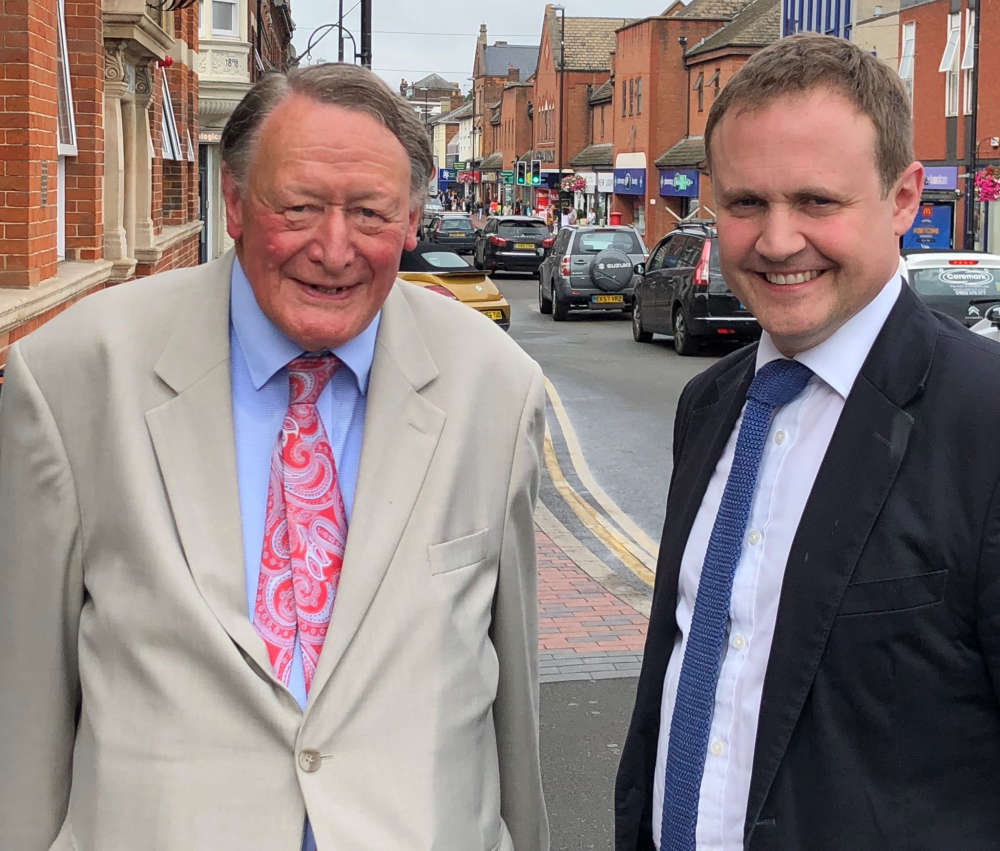 Tonbridge MP 1974-2015 Has Died
Tonbridge MP 1974-2015 Has Died
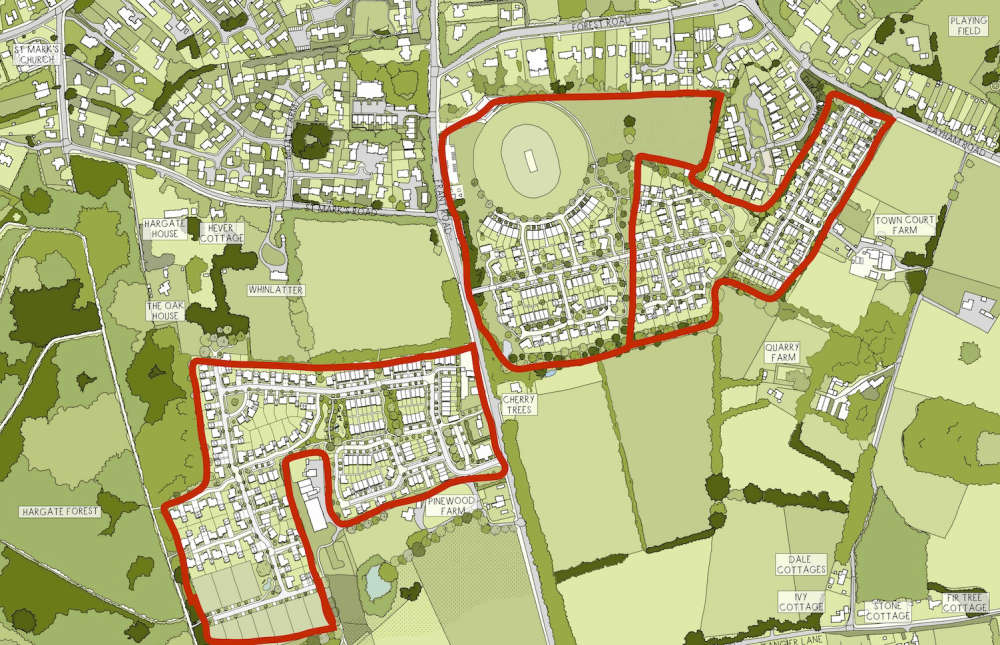 St Mark's Field: Developer's Plans
St Mark's Field: Developer's Plans





Comments
Add a comment